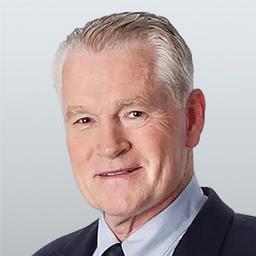Commentary
Diplomatic negotiations are definitely not a spectator sport. You could think of discussions between Russian diplomats and their NATO and American counterparts as equivalent to Baseball’s winter meetings, where general managers haggle over trades and conspire to hold down player salaries. More like “Inside Baseball.”





